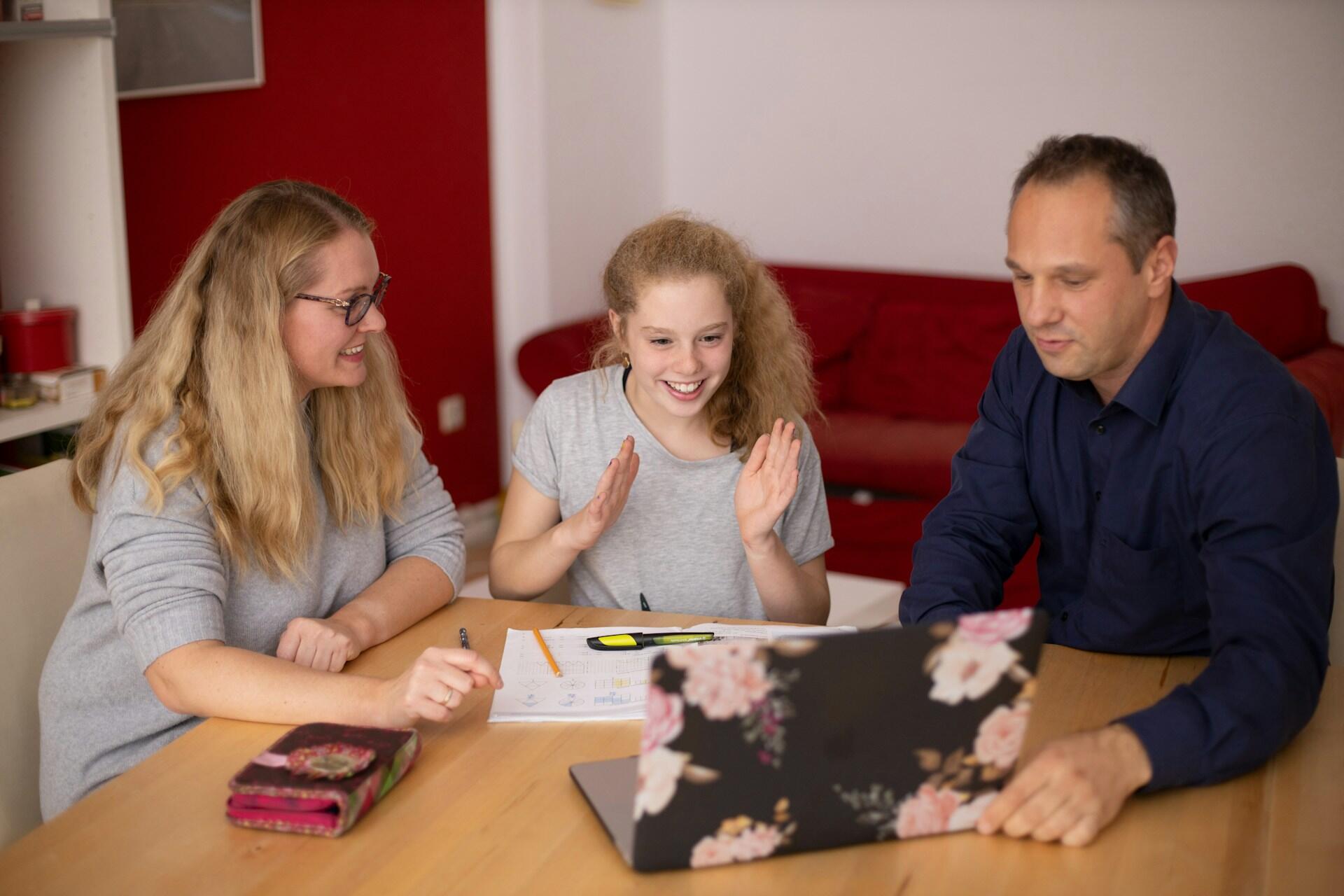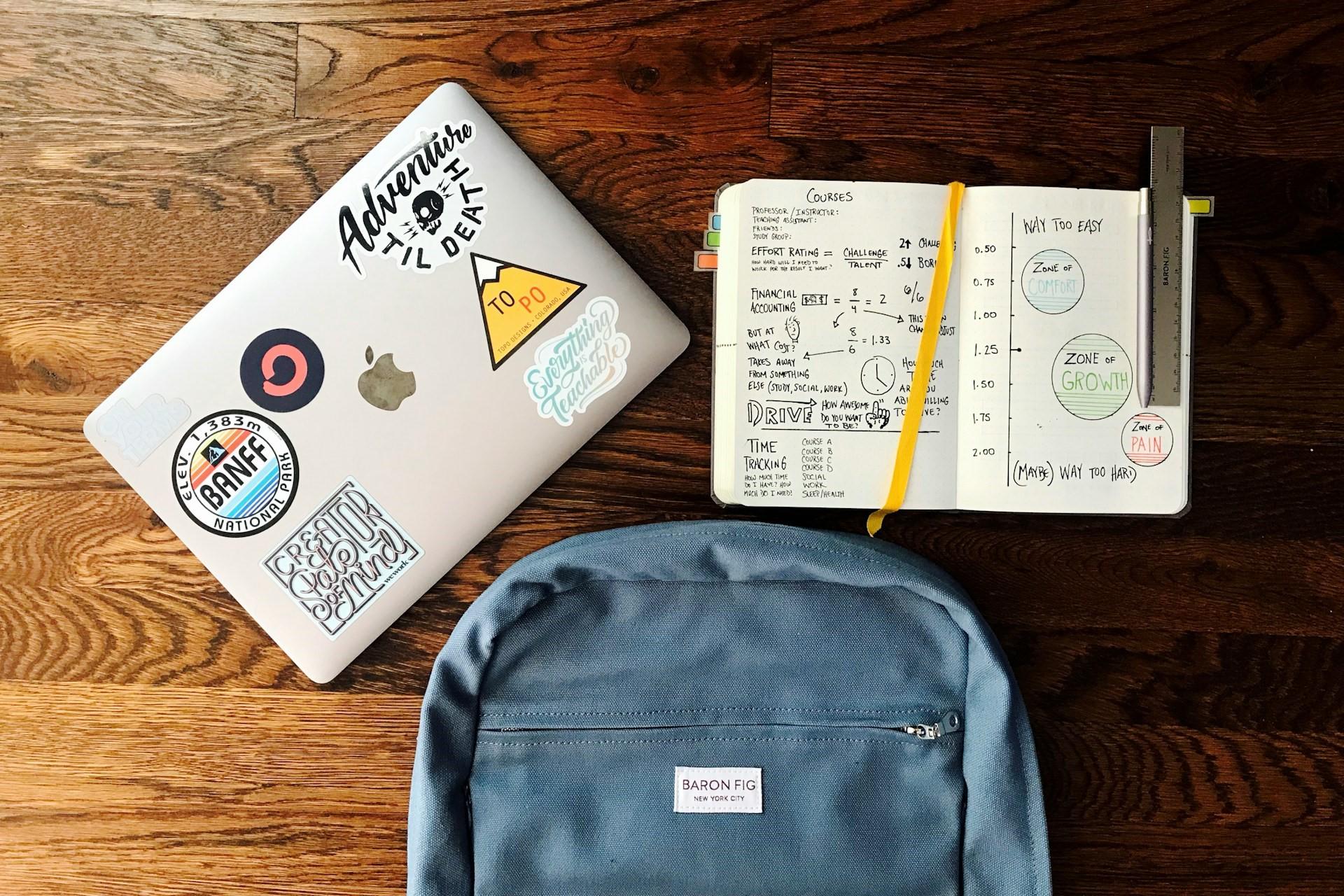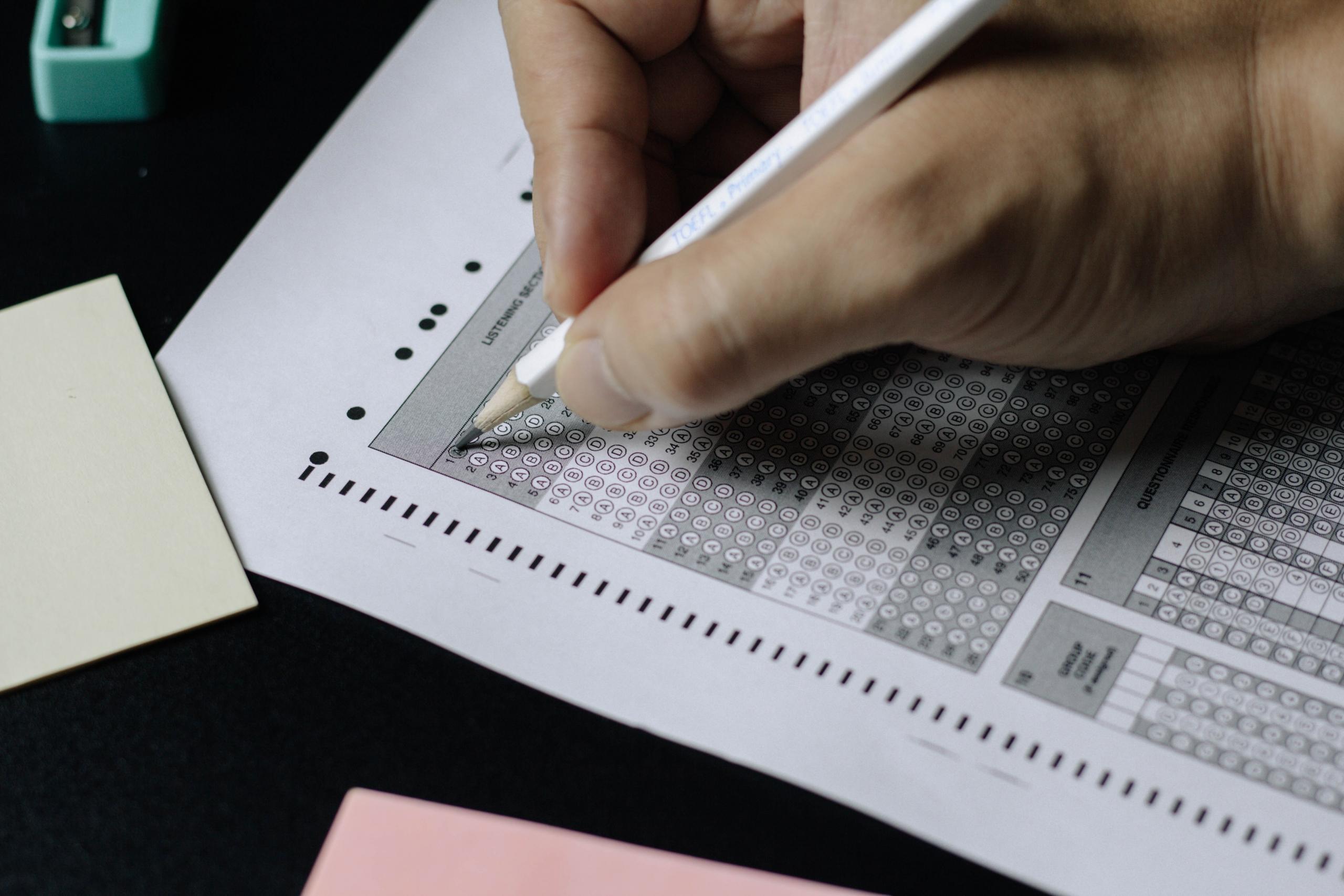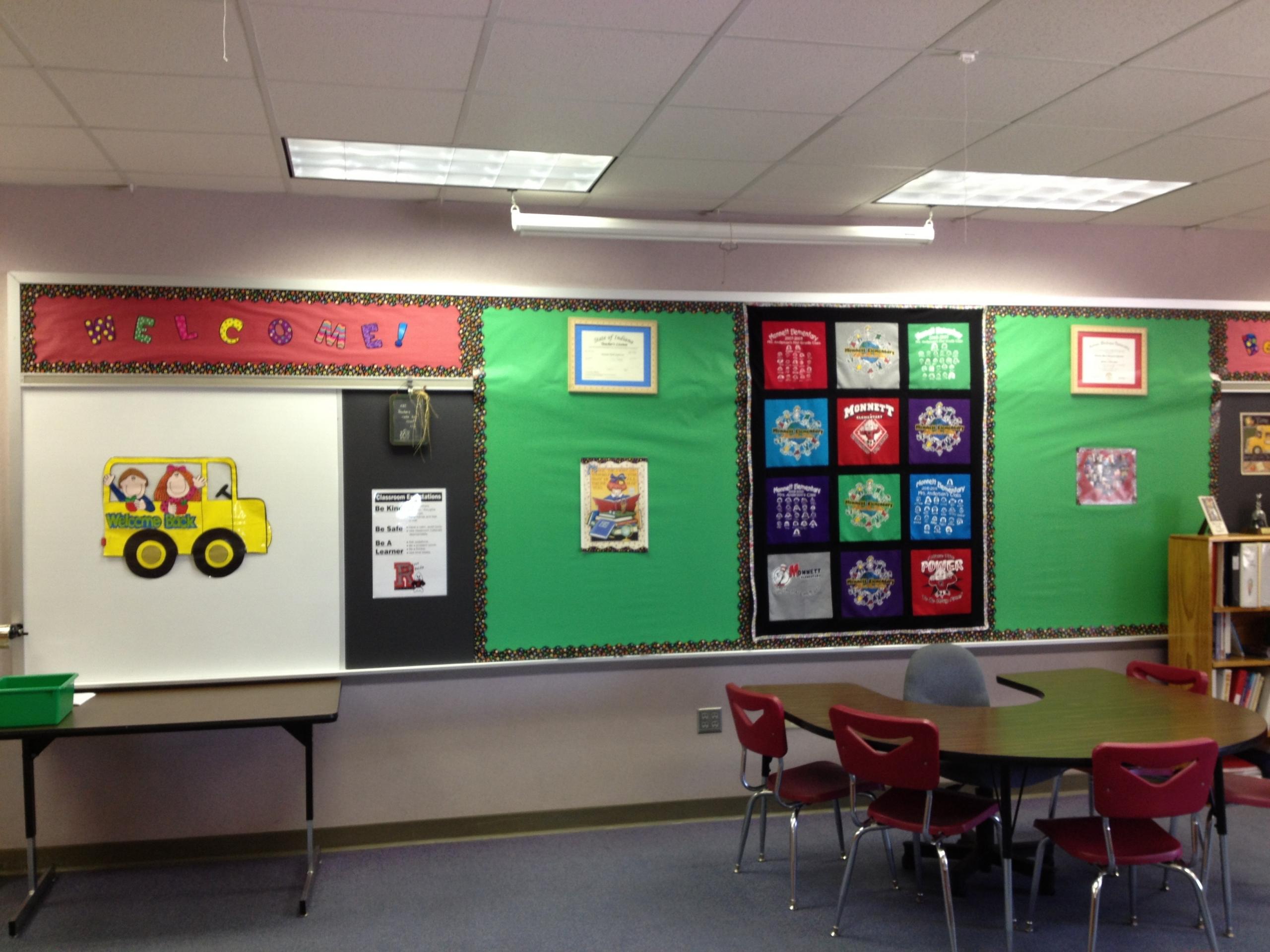How weird are exams? When you think about them, they're quite an odd way to test our knowledge and abilities. In most cases, they put us in an unrepresentative situation and only really test that we studied effectively for them. After all, the conditions of your typical exam are unlike the everyday situations for the people whose jobs are in these areas.
Nonetheless, until we find a better way to test students that also satisfies government officials who need numbers and statistics to prove that education works, we're stuck with them.
All you can do is ensure that you're properly prepared for the exams that you're taking by developing good study habits and getting the most out of your study sessions.
Luckily for you, this entire article is on exactly that so let's see some effective study strategies and how to get the best results possible on an exam.

Make Sure You Study for Exams with the Right Study Strategies
Most of the time you spend studying will be revising for an upcoming exam. To oversimplify, you're going back over the things that you should have studied during your classes and reminding yourself of how much (or how little) you know.
Revision isn't too complicated on the surface, but there are ways to make it more tolerable, effective, and maybe even enjoyable.
So what exactly is this miracle solution to making revision fun?

Perhaps we've oversold it by saying revision can be "fun", but there are ways to make it less tedious.
Here are just a couple of approaches that will make revision more than just reading a textbook or going back over the notes you've taken during your classes.
- Take a Quiz: Whether it's the wording or the way we think of it, a quiz is far more fun than an exam. Even though they're essentially the same thing, creating a quiz to test your knowledge on a subject is an important part of revision as it'll show you which areas you need to focus more on. Quizzes also provide opportunities to learn from our mistakes and as you revise, you should regularly do quizzes that include short, long, and multiple-choice answers. You can also get past papers and other tests and quizzes from your teachers if you ask nicely.
- Use Visual Resources: If you're a visual learner or are just looking for more engaging resources, using and creating visual resources will help.
- Aid Memorisation with Flashcards: Flashcards are another excellent visual resource and you can buy them or make them. Since they're just cards, they're very easy to make and if you're quite artistic, there's no reason why you can't decorate them and make them look nice. It can aid memory to make them yourself as you'll remember the process of making them as well as what's on the flashcards.
There are plenty more ways to improve your revision sessions, but if you aren't already doing these three things, you can instantly improve each session quickly and easily.
15 Tips to Help with Exam Study
If you're already studying or revising for your exams, you're most of the way there. You'll find that several small changes will be more effective than trying to reinvent revision.
Hopefully, you're already doing some of these suggestions, but there should also be some tips that you can integrate into your revision planning.
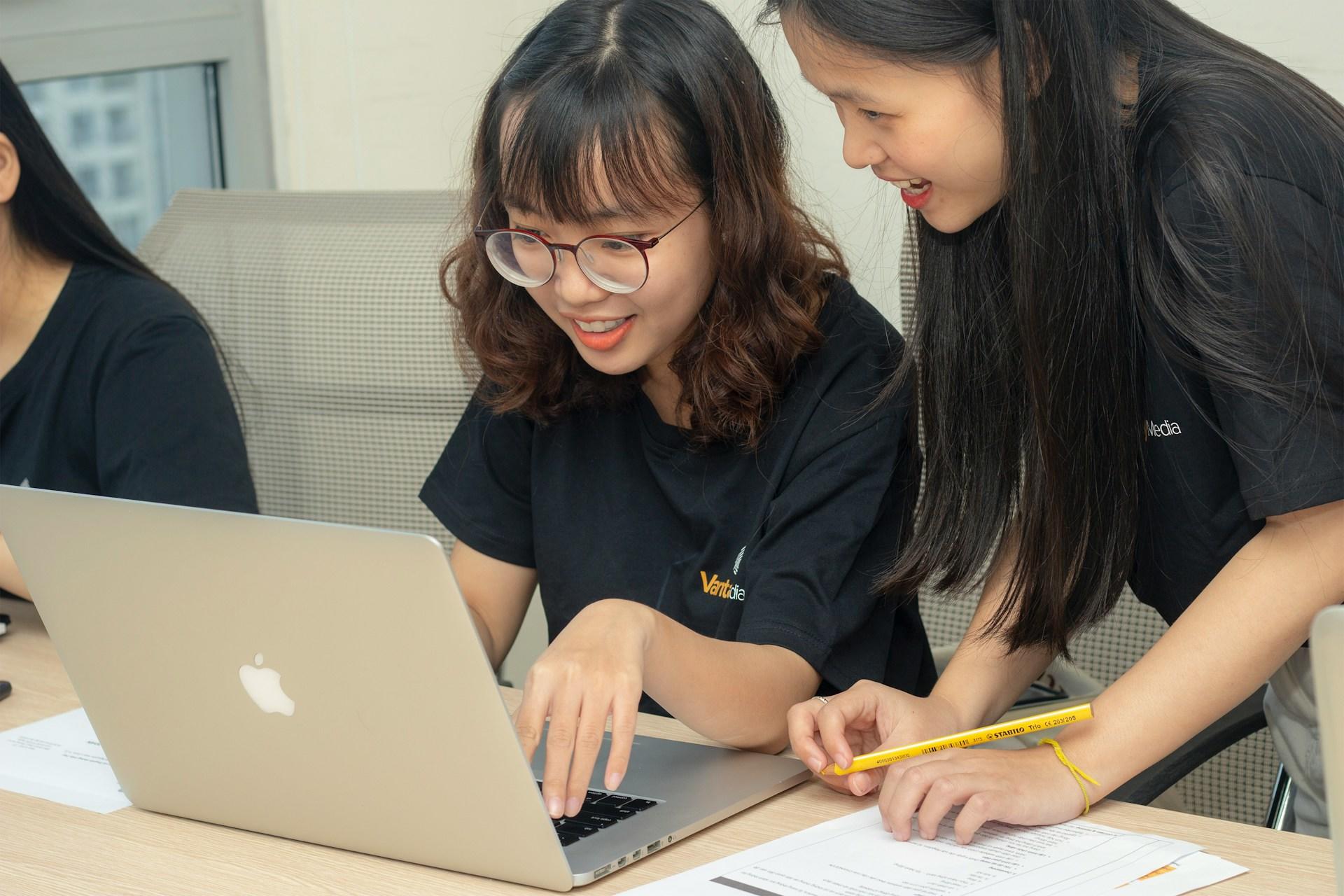
Here are our top 15 tips for studying for exams:
- Make a study schedule
- A study plan and schedule will keep you on task
- Rewrite your notes from class
- Your brain is more engaged when you're doing something
- Use pens with different colours
- This can help highlight and separate the most important information
- Make a plan for the day of the exam
- From what you're having for breakfast to scheduling your day, the more you have planned, the less you'll have to think about.
- Take regular breaks
- You'll study more effectively after you've had a break and are feeling refreshed. Study sessions become less effective the longer they are.
- Study in a team
- Whether it's friends or family, you can get help while studying.
- Balance study and fun
- In addition to regular breaks, set aside time to do the things you enjoy.
- Create a space where you can study effectively
- A neat and tidy study zone can help optimise your study sessions
- Find useful resources online
- The web is full of incredible resources for exam revision
- Use visual aids
- Your study plan should include a range of resources, including visual resources
- Watch YouTube videos
- YouTube is an incredible resource for learning with many educational videos and explainers
- Turn off your phone
- Your phone is likely a distraction. Turn it off, keep it in another room, or install an app to block distracting sites and apps.
- Eat well
- A good diet is important. The right food can make you feel awake, focused, and comfortable.
- Drink enough water
- Hydration is essential for your brain.
- Get a good night's sleep
- Establish regular sleep patterns and do everything you can to ensure you get enough sleep.
We have an entire article explaining how to make them part of your regular revision.

Creating a Revision Schedule
Creating a study schedule was one of our top 15 exam tips. A schedule will help you manage your time, give your revision sessions structure, and help you get the most out of every minute of studying.
The schedule can also help you decide what to study and for how long. This way, you won't waste time and can spend less time revising. This isn't to say that you can choose to not revise at all, but if you have a schedule and stick to it, you can free up time for the things you enjoy doing.
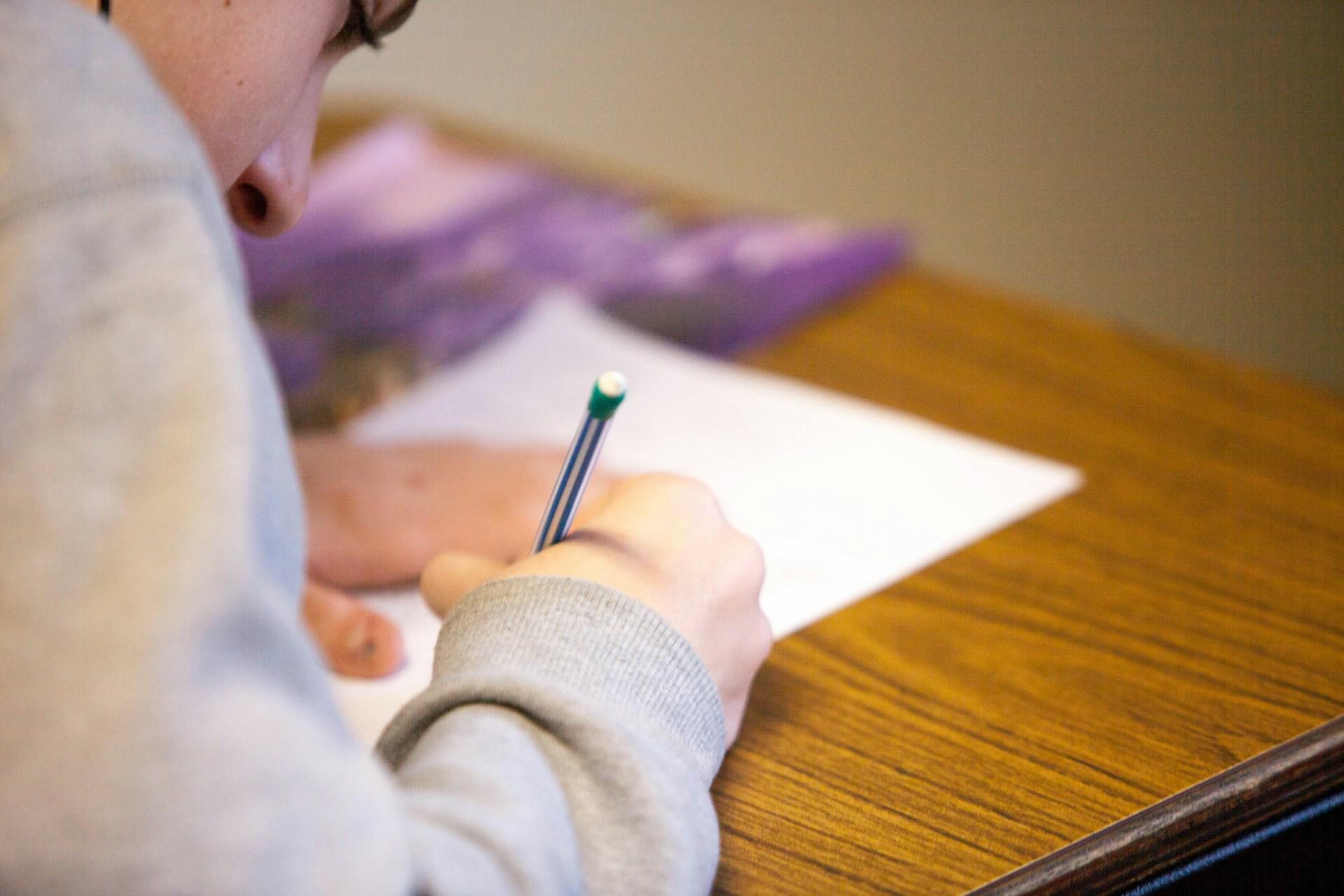
So how should you put together a revision or study schedule?
When creating a revision schedule, these are the things you'll need to think about:
- What are your goals?
- What do you need to learn for your exam?
- Which topics are the highest priority?
- Which learning approaches will you be using?
- Have you given yourself time for the things you enjoy doing?
- Can you stick to the schedule no matter what?
Improve Your Memory When You Study
If it feels like you spend a long time studying or revising but never remember anything you covered, you're not alone. There's seemingly an increase in forgetfulness among young people and it's suggested that an information overload is responsible. In the modern world, we're bombarded with information so it's naturally harder for us to remember certain things because we've already had so much to remember.
Your mental well-being can also affect your ability to remember things and if you're stressed, tired, or sad, your revision sessions won't be anywhere near as effective. There are certain things you can do to help with this like eating right and exercising.
Remember you can take breaks during the school holidays, but don't stop working altogether.
So what can you do to ensure that your revision sessions are effective and you remember the points that you spent all that time studying? Here's our advice:
- Talk about it: The simple act of discussing what you've been revising can help further consolidate the information. Just like writing down information or creating flashcards is more memorable than simply reading the information, saying what you know and even rewording concepts and explaining them will help.
- Illustrate your notes: Visual learners can benefit a lot from this approach. However, much like talking about key concepts, drawing on your notes and illustrating things is a way to engage memory by being more active in your studies. We've already mentioned flashcards, but even annotating your notes with diagrams, icons, and other visual elements will make them more memorable.
- Try the Loci Method: The loci method or method of loci is a way to remember things by visualising them in familiar environments. This is a common approach for remembering large lists of information and it could help you when you revise.
In addition to these approaches, you can also improve your memory in several other ways.
Get More Out of Your Revision with Flashcards
We've mentioned this multiple times, but flashcards are great for studying. Anybody who's revising for an upcoming exam should make and use them.
We've also mentioned that you can buy flashcards, but making your own is the best because you can actively engage your brain while making them and then use them later to revise.
All you need is some sturdy card, some basic art supplies, and some creativity. Your flashcards don't need to be works of art, but it helps if the information on them is clear.
So how exactly should you use flashcards?
- Set a time limit: Making flashcards can be fun and so can using them, but set yourself a time limit because it's very easy to get distracted and think that you're learning something. Just remember to test your knowledge when using flashcards to ensure that they're still effective.
- Create flashcards of key points: Flashcards will become less effective if you put too much information on them. Break down more complicated processes and topics into multiple flashcards if you have them.
- Set realistic goals: Flashcards are an effective revision technique but don't trick yourself into thinking that they'll teach you everything. Make sure that you understand that they have limits.
Getting Over Exam Anxiety
Exams are stressful and stress makes it much harder to think and remember everything we studied. For most students, exam anxiety is common.
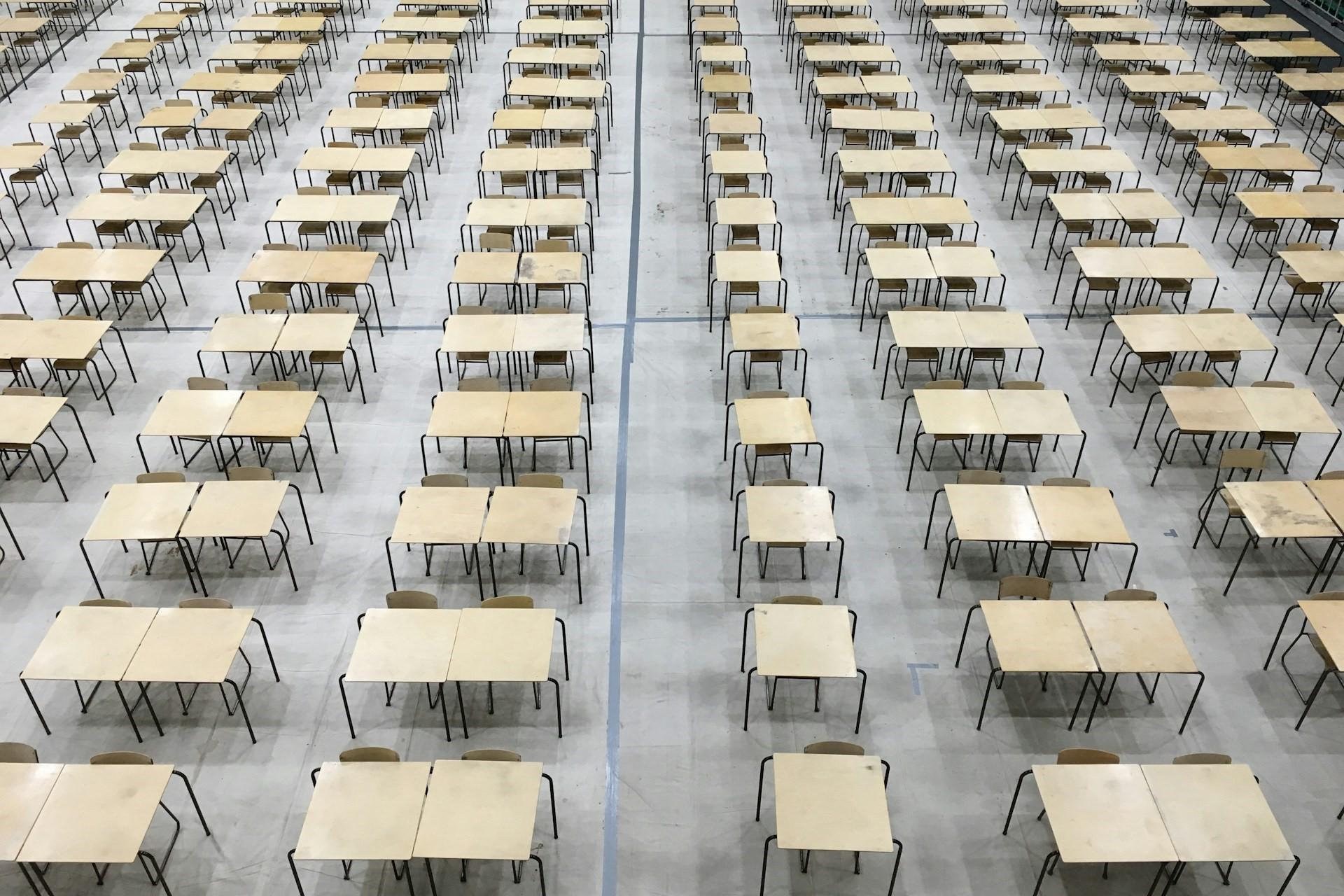
Here are a few trips to help you with exam anxiety:
- Study with a friend
- Create a revision schedule
- Focus on important points first
- Practise with past papers
- Take regular breaks
- Turn off your phone
- Exercise
- Get enough sleep
- Create a revision space
- Talk to your teachers, parents, tutors, or classmates
There are lots of other ways to deal with exam anxiety. Not everything will work for everyone so you must try a few different approaches.
Summarise with AI:















